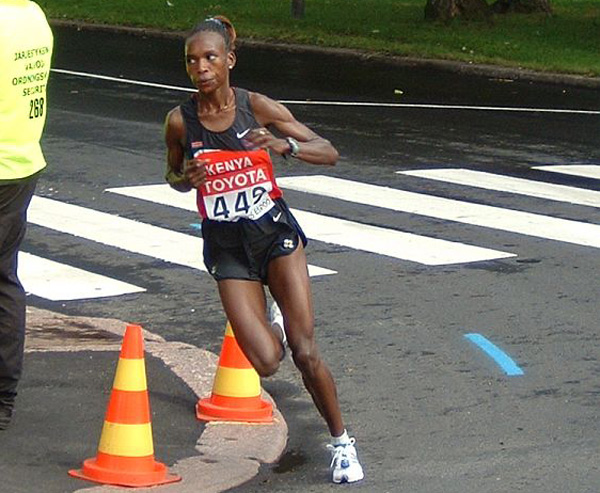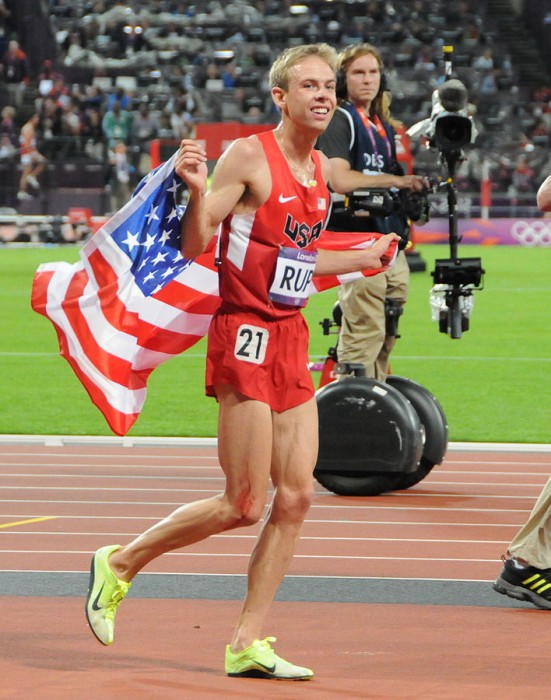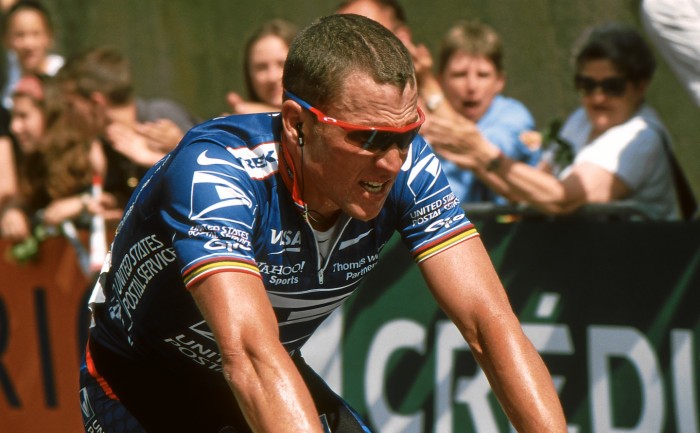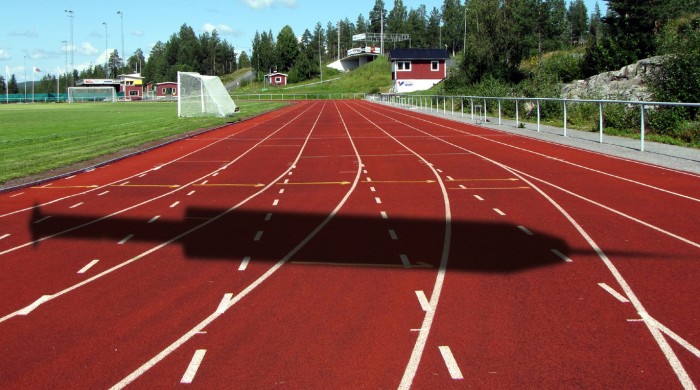Professional cycling is unfortunately bound with doping. In the post-Lance era, even casual observers of the sport regard good performances, past and present, with suspicion.
Is running next?
It’s been a rough year for professional track & field and road running. Last October, news broke that three-time Boston Marathon and two-time Chicago Marathon winner Rita Jeptoo, of Kenya, had tested positive for endurance-boosting EPO; she was handed a two-year competition ban in January by the International Association of Athletics Federations (IAAF), track and field’s world governing body.

This April, Athletics Kenya, the country’s governing body, suspended the agents of several top athletes, including those of marathon world record holder Dennis Kimetto, former Boston and New York Marathon champion Geoffrey Mutai, and 2014 London and New York Marathon winner Wilson Kipsang, amid a spike in doping allegations among Kenyan athletes.
In May, sprinter Justin Gatlin, who in 2010 finished serving a four-year doping ban, ran a world-leading 9.74 seconds in the 100 meters amid the release of research suggesting the effects of anabolic steroids can continue enhancing performance long after their use.
Doping Bombshell
And this week, a bombshell report from the BBC and ProPublica alleged, with testimony from former assistant coach Steve Magness and former athletes including Kara and Adam Goucher, that the Nike Oregon Project (NOP), led by coach Alberto Salazar, had been engaged in systematic doping of athletes including Galen Rupp, the 2012 Olympic 10,000 meter silver medalist. The ProPublica story was written by David Epstein, who also helped bring the case against Lance Armstrong.

The latter is especially unsettling for fans of distance running as Rupp and fellow NOP athlete Mo Farah, of Great Britain, made huge waves in track & field by finishing second and first, respectively, in the 10,000 meters at the London Olympics, an event dominated in recent decades by east African runners. If proven true, the allegations of doping by Salazar and the NOP would potentially nullify that result, as well as a slew of records set by NOP athletes.
Dope On The Trail?
Trail and ultra running might not be immune either, says Eric Schranz, an ultrarunning commentator and host of Ultrarunner Podcast, pointing out that ultrarunners are rarely if ever drug tested.
“Absolutely, I think there are some dirty runners,” Shcranz says. “It’s silly to think this is a clean sport. And I think the mountain/ultra/trail crowd is a lot more naïve about it than the track and field crowd was in the 80s when it started coming out.”
The “Cycling Moment”
Is running, particularly distance running, coming apart at the seams as doping revelations surface? Is running having its own “cycling moment”?

“Doping has been in track & field a long time…[but] the sophistication of doping and masking has paralleled the pharmaceutical industry’s expansive research and development of new drugs over the last couple of decades,” says Dennis Barker, head coach of the elite distance running group Team USA Minnesota. “Fortunately, in my opinion, the number of dopers in track & field is small. Most athletes train and compete clean and want a clean sport. The sophistication and resources necessary to dope well and not get caught also, most likely, limits the number of athletes who attempt it.”
As Schranz and Barker pointed out, sprinters have been getting busted for decades, and we’ve seen the occasional state-sponsored doping program for Olympic athletes – American Frank Shorter, winner of the 1972 Olympic Marathon, has contended that East Germany’s Waldemar Cierpinski, who beat him in the 1976 race and repeated as champion in 1980, was part of the country’s systematic drug program.
Still, the sport has largely evaded the cynical overcast of suspicion assigned to cycling – or to a major home run-hitter – until now. Will that change in 2015?
“I think running could lose some legitimacy if more leadership isn’t shown on this issue,” Barker says. “As long as companies keep sponsoring them, races keep inviting them, agents keep representing them, and governing bodies keep selecting them, there will be dopers.”
“I think there is hope in this area though because there are companies, races and agents who are taking this stand,” he continues.
One notable difference between running and almost any other sport clouded by doping is that perhaps the loudest voice calling for a cleanup is coming from athletes themselves. Elites Lauren Fleshman and Nick Symmonds, among others, have been among the loudest voices for reform.
“The majority of athletes are already on board because dopers are taking money, medals, Olympic berths and other opportunities away from them,” Barker says. “The voices of clean athletes make a difference because it sheds light on the issue and asks for accountability from the dopers and those who associate with them.”

